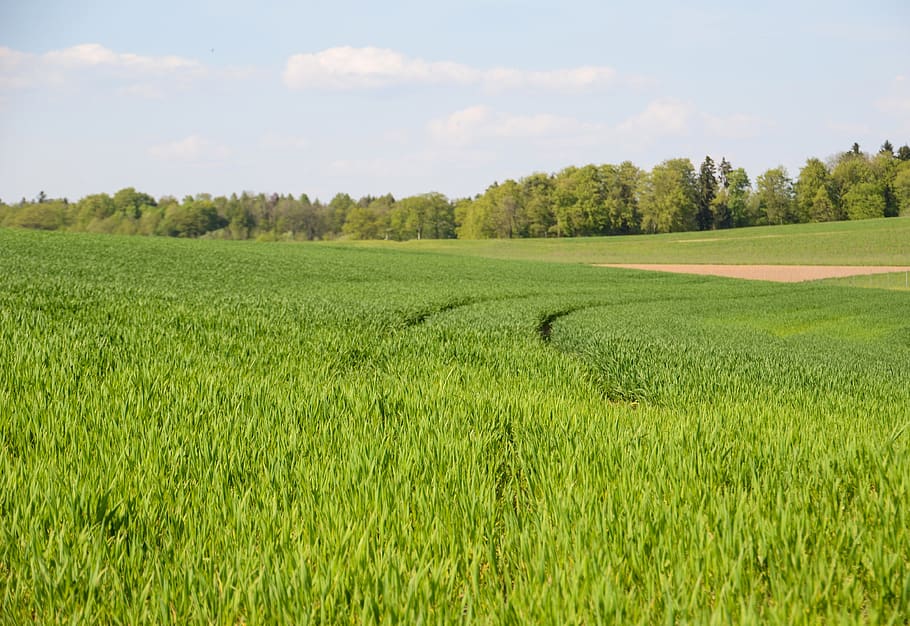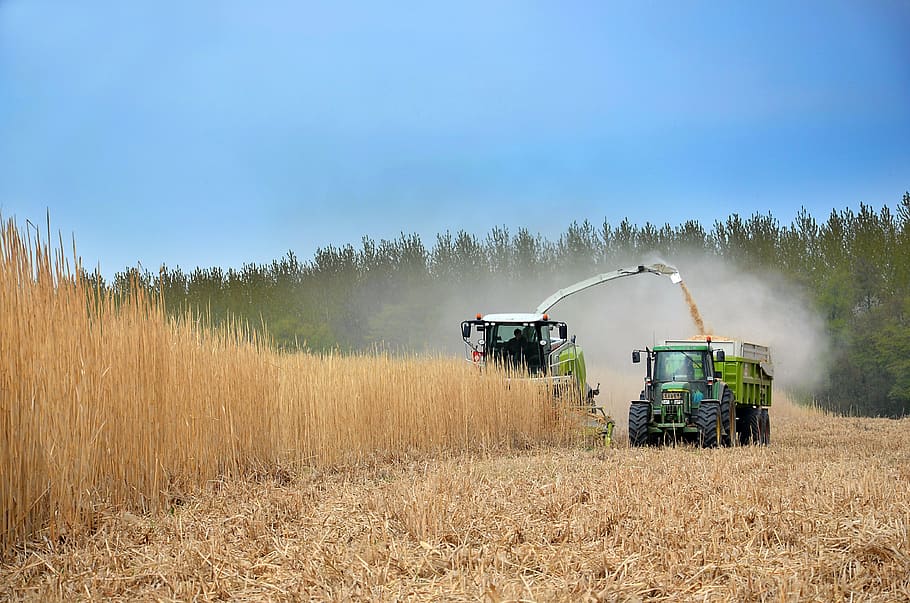Sustainable agriculture is the key to ensuring a greener future for generations. In a world facing pressing environmental challenges, the significance of sustainable agriculture cannot be overstated. It goes beyond mere food production; it encompasses practices that nurture ecosystems, conserve resources, and prioritize long-term viability. Understanding its importance and adopting its principles can foster a harmonious relationship between food production, environmental preservation, and societal well-being.
Sustainable agriculture plays a crucial and multifaceted role in shaping a greener future by addressing pressing environmental, social, and economic challenges. By adopting sustainable practices such as organic farming, soil conservation, and efficient water management, we can minimize the detrimental impact on our ecosystems while safeguarding natural resources. Moreover, sustainable agriculture promotes biodiversity, mitigates climate change, supports rural communities, and ensures food security. Let’s delve into the fundamental aspects that underscore the immense significance of sustainable agriculture in our collective endeavor to create a more sustainable and harmonious world for generations to come.
1. Environmental Preservation
Sustainable agriculture practices prioritize environmental conservation. Sustainable farming protects ecosystems and reduces pollution by minimizing harmful chemicals, promoting soil health, and preserving biodiversity. Organic agriculture, agroforestry, and crop rotation help maintain soil fertility, prevent erosion, and protect water resources. These practices contribute to a healthier environment and ensure the sustainability of natural resources for future generations.
2. Resource Efficiency
Sustainable agriculture focuses on efficient resource management. Techniques like precision farming, drip irrigation, and integrated pest management optimize the use of water, energy, and other resources. By minimizing waste and reducing resource inputs, sustainable agriculture helps conserve water, reduce energy consumption, and lower greenhouse gas emissions. This not only benefits the environment but also improves the economic viability of farming operations.
3. Climate Resilience

Sustainable agriculture plays a vital role in building resilience to climate change. By adopting climate-smart practices such as conservation tillage, cover cropping, and agroforestry, farmers can mitigate the impacts of climate change and adapt to changing conditions. These practices enhance soil health, increase carbon sequestration, and improve water management. By promoting biodiversity and ecological balance, sustainable agriculture contributes to the resilience of farming systems in the face of climate-related challenges.
4. Food Security and Nutrition
Sustainable agriculture is essential for ensuring food security and nutrition for present and future generations. Local food production, agroecological approaches, and sustainable food systems reduce reliance on long-distance transportation, minimizing carbon emissions. By promoting diverse cropping systems, sustainable farming practices enhance the availability of nutritious food. Sustainable agriculture also fosters food sovereignty, empowering communities to have control over their food production and access to healthy, locally sourced food.
5. Social and Economic Benefits
Sustainable agriculture has significant social and economic benefits. It supports rural livelihoods, strengthens local economies, and fosters community resilience. By promoting fair trade practices, supporting small-scale farmers, and prioritizing equitable access to resources, sustainable agriculture contributes to social justice and rural development. Moreover, it provides opportunities for agro-ecotourism, farmer-to-consumer connections, and educational initiatives, enhancing public awareness and engagement in sustainable food systems.
6. Policy and Collaboration
Realizing the full potential of sustainable agriculture requires supportive policies, institutional frameworks, and collaboration among stakeholders. Governments, organizations, and communities need to develop and implement policies that incentivize sustainable farming practices, provide technical assistance, and support research and innovation. Collaboration between farmers, scientists, policymakers, and consumers is crucial to creating an enabling environment for sustainable agriculture and driving positive change.
Conclusion
Embracing sustainable agriculture is vital for a greener future. By preserving the environment, optimizing resource use, building climate resilience, ensuring food security, and fostering social and economic well-being, sustainable agriculture offers a holistic approach to transforming our food systems. It requires collective action, policy support, and a shift in consumer behavior. By choosing sustainable agriculture, we can contribute to a more sustainable and resilient future for ourselves and future generations.
